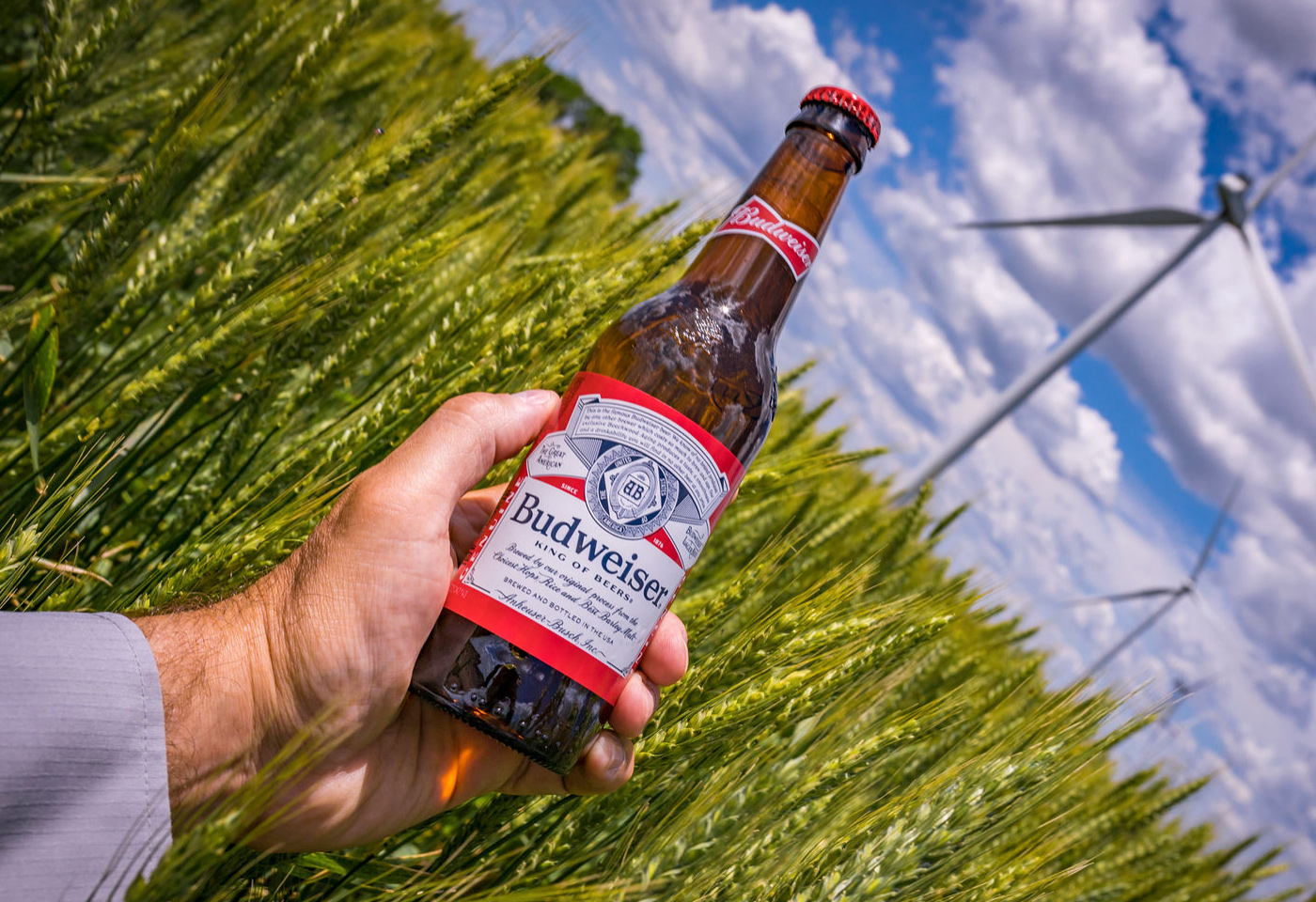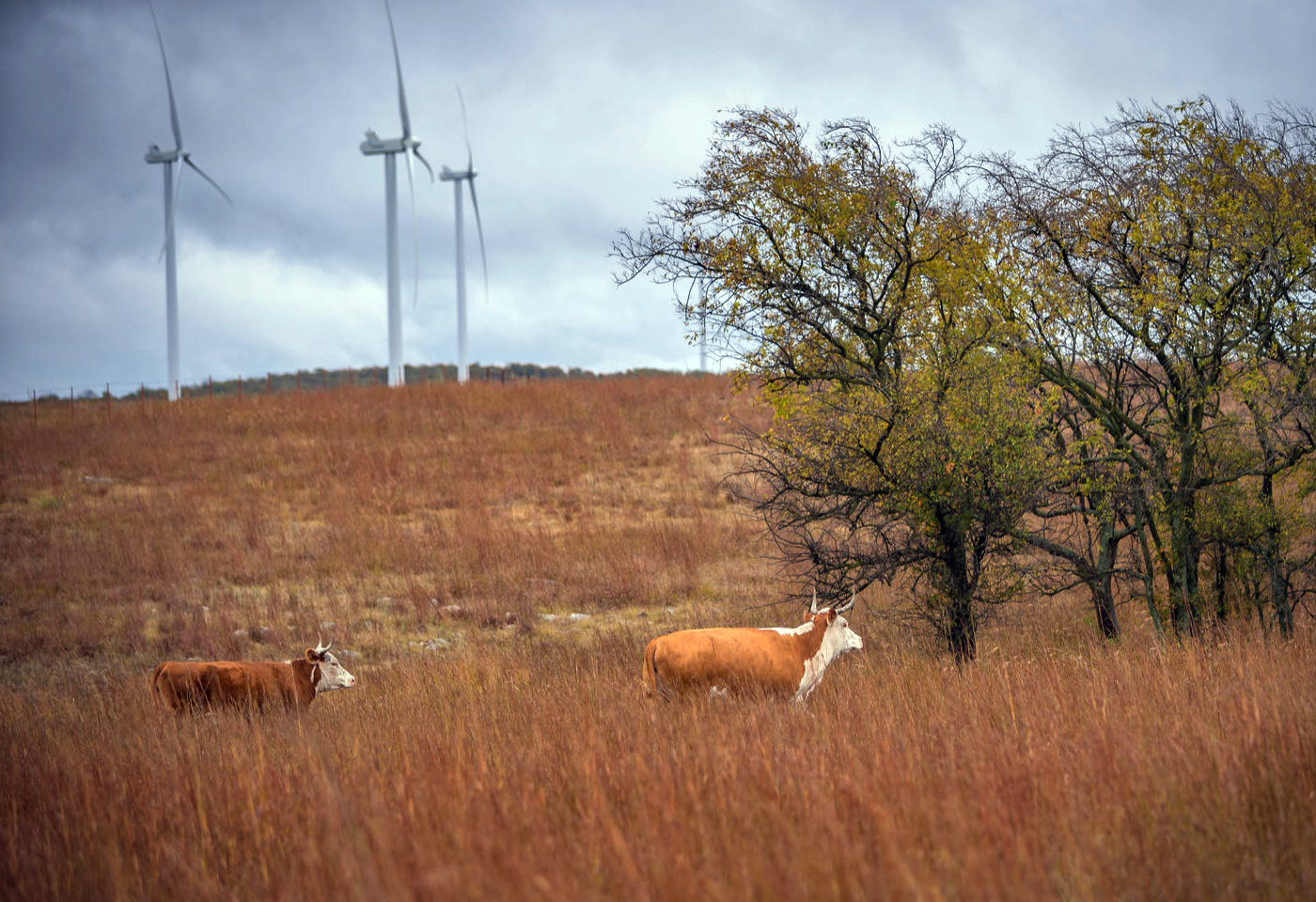10 19, 2022
{{ content.title }}
{{ content.description }}
Introduction
Climate Week NYC brings together the world’s most influential sustainability leaders representing business, government, and civil society, creating a robust platform for climate action. This year’s summit highlighted the transition to a new energy economy that is accelerating globally, as policy makers respond to climate and geopolitical pressures, while also supporting their domestic industries. Enel and our partner, Anheuser-Busch, attended the summit in collaboration and participated in discussions with our peers, with a goal to learn from each other and further our combined commitment to decarbonization and renewable energy.
There was an overall feeling of excitement from attendees – reacting to and planning for a climate changed world in a significant way. According to Rob Fisher from KPMG: “There’s only one economy we’re going to have in the future, and it’s a low-carbon one.”
Here are several trends that Enel and Anheuser-Busch observed during our time together:
1) Acceleration of decarbonization commitments and actionable goals
We noticed a clear shift away from greenwashing and “pledges” toward standards and actionable goals. Companies – both public and private – are setting science-based emissions reduction targets at record rates. Almost 4,000 organizations are working with the Science Based Targets Initiative to align their commitments with climate science. More than 1,300 have made net-zero commitments. Organizations are responding to the growing pressure from their stakeholders to prioritize sustainability. They are also trying to become more competitive and take advantage of a slew of new clean energy incentives available through the Inflation Reduction Act (IRA), which was enacted into law in August.
Anheuser-Busch is an industry leader when it comes to sustainability efforts. The company set a global ambition to achieve net-zero by 2040 and has committed to producing their beer and delivering their products in a way that leaves our planet and the communities we serve better than we found them. Today, Anheuser-Busch brews their entire portfolio with 100% renewable electricity and has set an ambitious goal to reduce CO2 emissions by 25% across their entire value chain by 2025.

Casey Erisman, Principal Account Manager at Enel, observed that “large companies are leading the way, but medium-sized organizations are setting carbon reduction targets as well.” There is untapped potential here, because decarbonization solutions for medium-sized companies already exist. For instance, renewable energy aggregations allow several organizations to combine their energy demand and buying power to purchase clean electricity at scale. Enel’s own recent aggregation allowed four global brands – Uber, Akamai, MilliporeSigma, and Synopsys – to purchase virtual power purchase agreements (VPPAs) for the energy produced by a 111 MW portion of Enel’s Azure Sky wind project. The unique structure of this arrangement demonstrates the benefits of collaboration among organizations with small to mid-size distributed energy needs with a goal to meet their decarbonization goals (see trend 4 below). Aggregations may also serve to decarbonize the industry more extensively.
2) Increasing focus on the social and economic impact of the clean energy transition
Conversations at Climate Week stressed the importance of ensuring that the energy transition is inclusive and maximizing the positive effects of clean power for a wide range of stakeholders. Many experts feel that organizations should be holistic in their approach and address the full connection between economic, community and biodiversity impacts. At Enel, we see how this translates into the way corporate energy buyers evaluate renewable energy projects, often selecting those that deliver solutions that overcome a wide range of challenges beyond producing clean electricity. This trend will help advance renewable energy companies with a history of sustainable operations and a strong focus on nurturing the communities where they operate.
For instance, Enel’s unique business model, Creating Shared Value (CSV), established in 2015 in North America, translates into enduring environmental, social and economic value for its host communities. Enel’s CSV projects in the U.S. focus on STEM education and job training in local communities, land use and biodiversity protection, agrivoltaics and many others.
3) The need to adopt “all of the above” approach to decarbonization
There is no one-size-fits-all approach to decarbonization. Leading organizations are developing a renewable energy portfolio that is diversified and balanced, encompassing a variety of solutions to meet their goals. From on-site renewables to VPPAs, green tariffs and Renewable Energy Certificates (RECs), each solution has its own benefits and challenges.
“Solutions exist,” says Virginia Covo, Sr. Director, Sustainability at Anheuser-Busch InBev. “Sustainability is rising to the top of most CEOs’ agendas, so it’s all about capital availability and how you organize the system.” In 2017, Anheuser-Busch partnered with Enel to acquire 50 percent of their total purchased electricity from the Budweiser Wind Farm at Thunder Ranch in Oklahoma, the beer company’s first-ever utility-scale renewable energy project. The Budweiser Wind Farm powers the equivalent of 20 billion 12 oz servings of beer each year, reduces over 400,000 tons of carbon, and supports the creation of new jobs.
Many organizations who partner with Enel begin their sustainability journey with a workshop that helps them collect their emissions data, set targets and goals, develop a roadmap and decide on a portfolio of decarbonization solutions. A popular solution among corporate clean power buyers, a VPPA is a way for an organization to decarbonize at scale and meet their scope 2 targets. Depending on the load, VPPAs can help an organization meet 100% of their renewable energy needs – one contract can cover hundreds or potentially thousands of facilities. Large developers with projects all around the globe, like Enel, can offer VPPAs that ensure that new renewable energy capacity gets added to the electric grid (known as additionality) and implement projects in a region and grid, where it can displace fossil-fuel generation and make a meaningful impact.
While VPPAs may require significant effort to execute and involve financial risk, choosing the right partner can make renewable energy purchases less complicated. Experienced developers like Enel can customize the contract structure to suit customers’ needs and together with our in-house trading desk (ETNA) help manage financial risk.

4) The drive to innovate and collaborate
There is a shared understanding that the climate challenge facing the business community is an enormous undertaking. As such, many organizations are working with their peers, suppliers, and customers to be truly effective and achieve broader impact. Industry leaders are looking for both advantageous partnerships and innovative solutions to advance their sustainability goals and decarbonization targets. From tech to food and beverage industries, companies like Microsoft, Starbucks, Walmart, and Kellogg’s have been launching collaborative initiatives, including those focused on their supply chain to reduce Scope 3 greenhouse gas emissions and drive meaningful change.
That’s what Anheuser-Busch’s Eclipse platform aims to do. It allows sustainability-focused collaboration for the company’s network of suppliers and partners to facilitate shared goals and target-setting, standardizing ways of measurement and best practice sharing. Another example is Wellington Management’s innovative approach to decarbonization. One of the world’s largest independent investment managers, the company partnered with Enel on a 10-year VPPA to procure clean power from a wind project in Oklahoma. As a result of this collaboration, Wellington expects to become one of the first companies globally to match 100% of their 2,200 U.S. employees’ office and home electricity use with renewable energy.
5) ESG is at the top of companies’ and investors’ agendas
Many conversations at Climate Week revolved around environmental, social and governance (ESG) issues. A range of sustainability issues recently overlooked by investment processes, ESG is now recognized for its direct impact on an organization’s long-term performance. The “E” in ESG focuses on the risks and opportunities presented by climate change and is the most important issue facing the financial industry today. The integration of ESG factors into the investment process and decision-making has become a standard for better risk management and pursuit of opportunities.
Today, leaders in the investment management space make it clear that they are focusing on sustainability, because it is key to understanding how organizations adapt for the future. In his 2022 annual letter to business leaders, Larry Fink, BlackRock’s CEO, warns companies of an economic cost of inaction. He writes that every company and industry will be transformed by the transition to a net zero world, but only those companies paying close attention to ESG will make it.
In conclusion
The tide has completely shifted, and we sensed that at Climate week. According to Virginia Covo: “Our purpose at Anheuser-Busch is to create a future with more cheers – and that means taking action now to invest in a more sustainable future.” Prioritizing sustainability will be crucial moving forward, as Casey Erisman states: “The question now for the minority remaining is, what happens when you are left behind?”